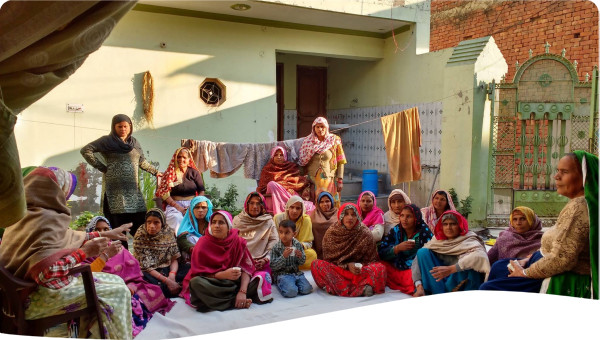This review discusses the religious and cultural challenges to the empowerment of women in some patriarchal societies in Africa. The article takes a critical reflection on some of the contextual deficiencies of the gender empowerment measure (GEM) developed by the United Nations Development Programme (UNDP) as a universal benchmark for assessing gender inequality. It has been highlighted that agency is a necessary component in the conceptualisation and realisation of women empowerment particularly in Africa. The article further demonstrates that the GEM has capitalist, elitist and Eurocentric biases that account for a relatively small percentage of women in the formal sector of the African economy. The nuances of multiple and overlapping identities of women in many African countries that are not adequately encapsulated in the scope of the GEM are discussed. It is thus concluded that women empowerment measures and indicators should be sensitive to the context and values of those it seeks to assess rather than adopting abstract mappings that tend to reduce and universalise all women in all societies.
Description / Abstract
Publication year
Publisher
Thematic Tagging
English
 Resource -
Resource -
